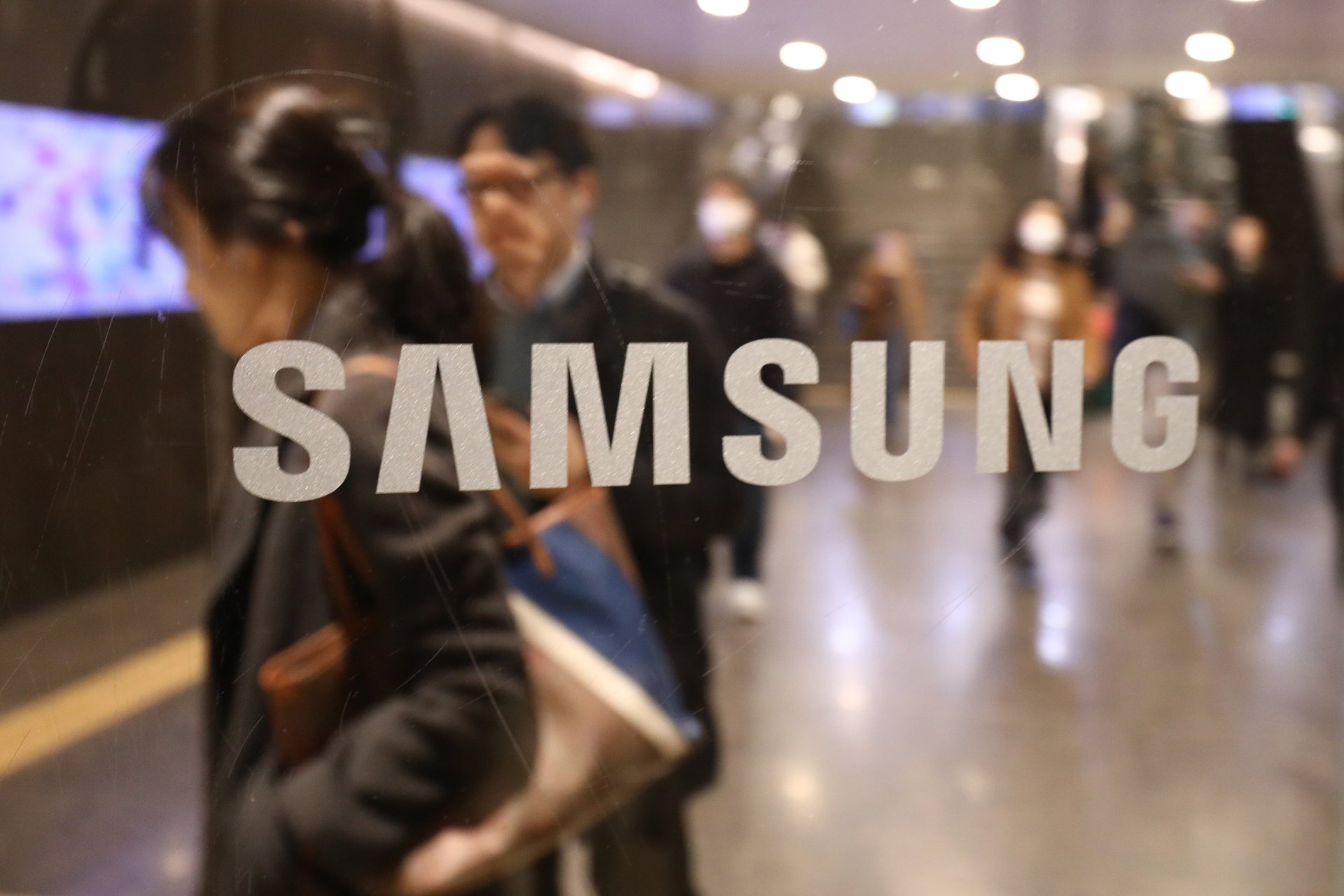Samsung is turning to the same AI chipmaking technology as its rival
Samsung is reportedly planning to use the same chipmaking technology as SK Hynix to catch up in the AI race

As it runs to keep up in the race to develop advanced AI chips, Samsung Electronics is reportedly turning to the chipmaking technology championed by its rival.
Suggested Reading
Reuters reports that Samsung is reversing course on its current chipmaking tech to adopt that used by competitor SK Hynix.
Related Content
Unlike SK Hynix and other peers, the South Korean electronics company has not made deals with the world’s biggest AI chip firm, Nvidia, to supply it with high bandwidth memory (HBM) chips. Instead, it’s historically chosen to use non-conductive film (NCF) chipmaking technology. But NCF has caused production issues and placed it behind its rivals.
Meanwhile, SK Hynix has turned to the mass reflow molded underfill (MR-MUF) chipmaking method to avoid similar production issues. Now sources tell Reuters that Samsung has recently purchased chipmaking technology to support the MR-MUF method, along with starting talks to source supporting materials.
Samsung told Reuters “rumors that Samsung will apply MR-MUF to its HBM production are not true,” and in an earlier statement to the outlet said its NCF chipmaking technology is the “optimal solution” and will be used in its new HBM3E chips which will be combined with core microprocessor chips to process AI data.
At the same time, Samsung HBM3 chip production yields are at 10% to 20%, while SK Hynix’s are at 60% to 70%, analysts told Reuters. Samsung refuted its estimated production to Reuters, and said it had a “stable yield rate.”
“Samsung is not using nor has plans to use MR-MUF in its HBM production,” the company said in a statement shared with Quartz, adding that it “continues to lead the innovation in the industry” with its Advanced TC NFC technology.
Meanwhile, both Samsung and SK Hynix, leaders in memory chipmaking, have stopped selling used chipmaking equipment on the secondary market, and are instead storing it in warehouses to avoid breaching U.S. export controls and sanctions on China and Russia, the Financial Times reported.
The chipmaking equipment has been stored in warehouses since 2022, when the U.S. first imposed restrictions on shipments of advanced AI chips and semiconductor tools from the country to China. Last October, U.S. President Joe Biden’s administration announced more plans to tighten controls around shipments, all in an effort to slow China’s progress with AI and military technology.
